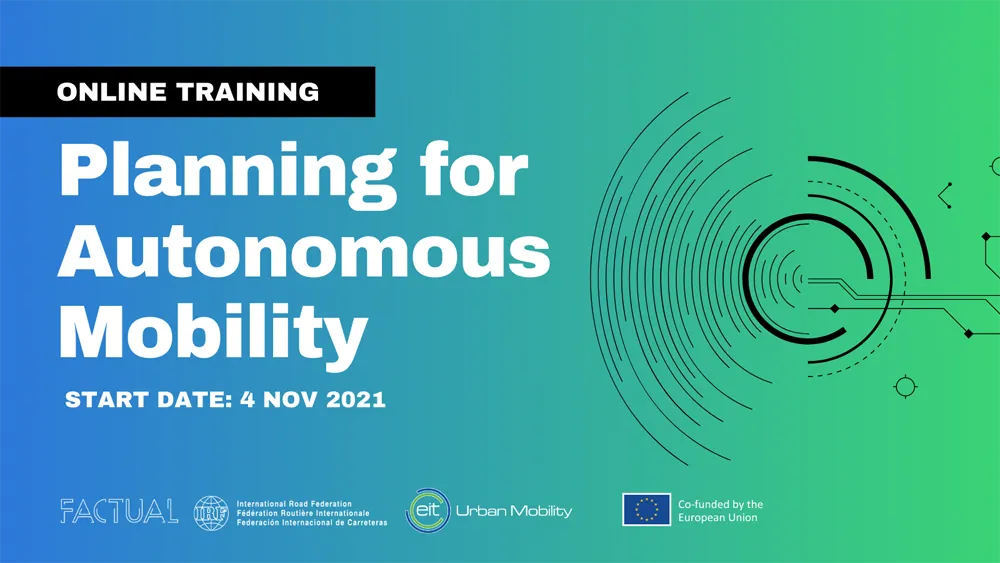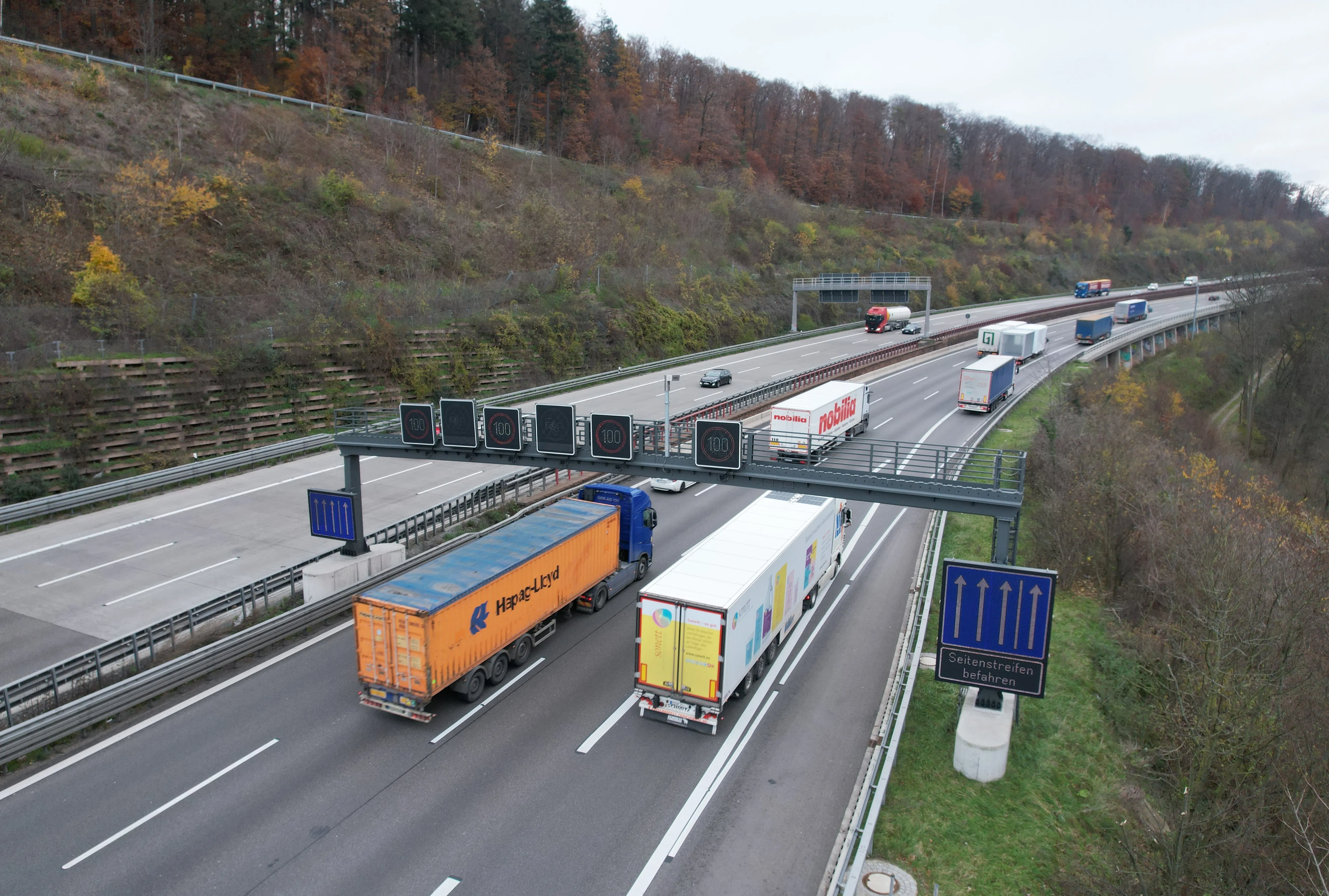
More specifically, the training will equip the participants with knowledge on relevant features of the autonomous mobility ecosystem, including urban landscape impact, long-distance travel, logistics and economic aspects. The training will provide the tools that will help participants solve future challenges that autonomous vehicles will convey.
This tailored training targets mobility professionals interested in deepening their knowledge, skills, and abilities to enhance their technical, business, and professional competencies in autonomous vehicles while furthering their careers.
The planned training consists of four modules and nine different sessions organised in a complete online and interactive format. Each session is intended to last approximately two hours. The training will last for a bit more than one month, with the first session taking place on 4th November and the last one on 2nd December.
- More information and registration available on: www.irfnet.ch









